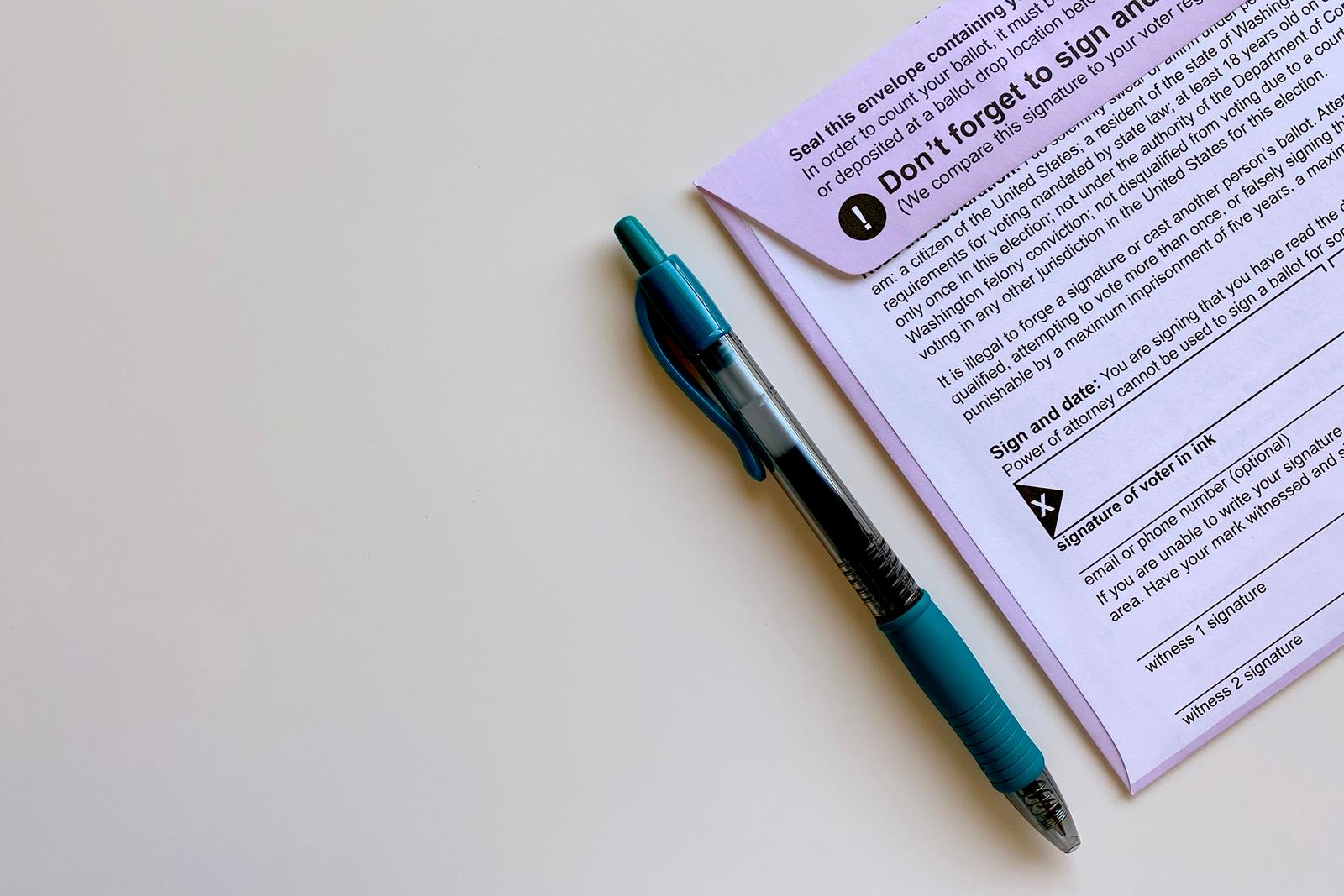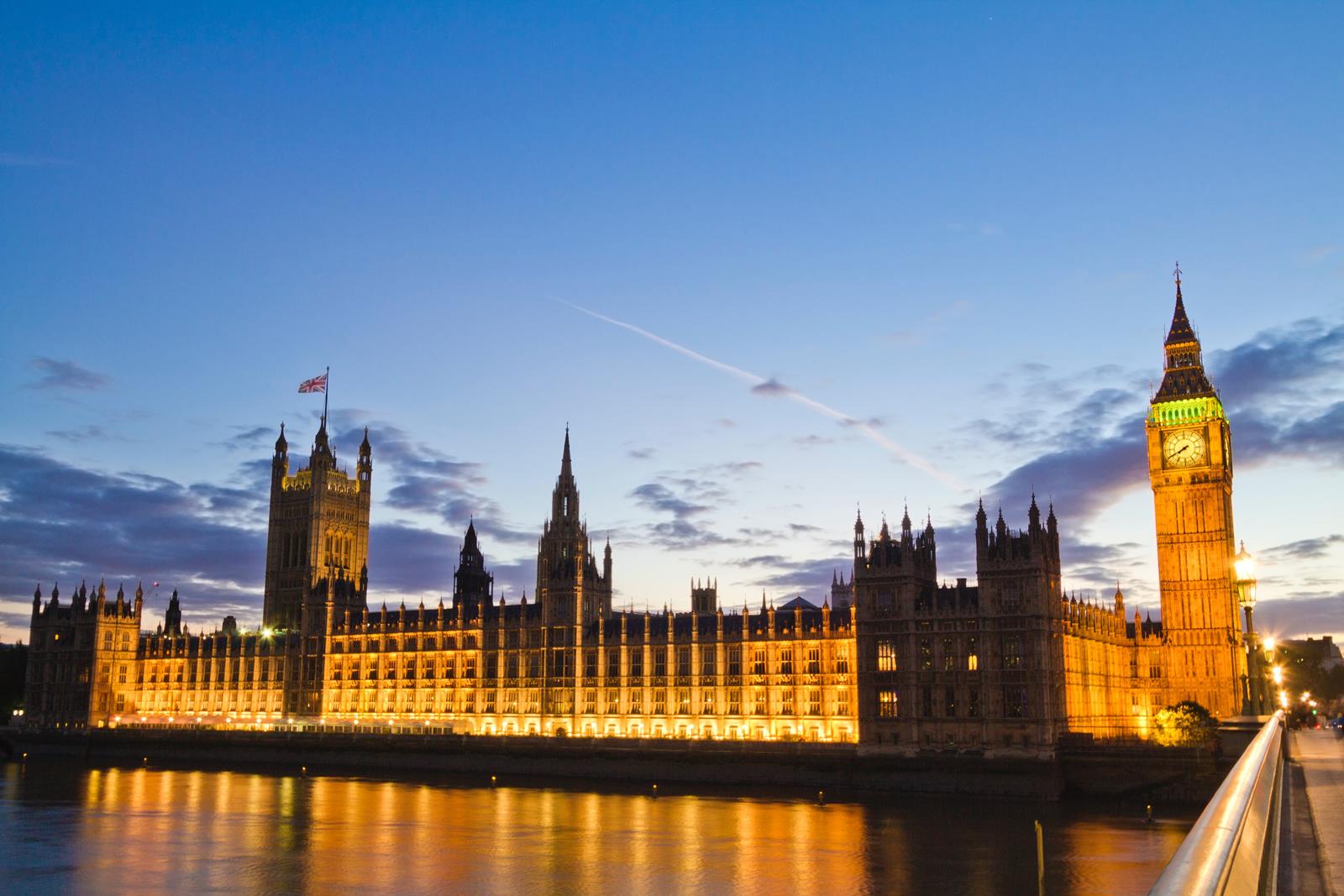Politics is the structured set of societal activities that involve making decisions within groups, political parties, or various forms of political power relationships between individuals, including the distribution of societal status or resources. The field of political science is known as political science because it studies politics and the political system as a whole. The focus of this study is how societal actions and institutions affect each other and, how these actions and institutions shape the power structures of politics as a whole. Political science departments at various colleges and universities to conduct extensive research on politics. Some of the most prominent research centers include the political science department at the Massachusetts Institute of Technology (MIT), the University of Michigan, Harvard University, and Yale University.
The second area of politics is known as public administration. In this section of politics, the goal is to increase the effectiveness of governance by creating an environment that is supportive of the administration’s goals while discouraging corruption. Public administration revolves around the administrative aspect of governmental decision-making. It also studies how organizations build coalitions to promote specific policies through organized political action. Public administration scholars include scholars in the areas of law, teaching, and government studies.
A further classification of politics is known as popular government. Popular government occurs when the interests of the majority of citizens are recognized and their desires are accommodated. There are three common good reasons for popular government; the first being the rule of law. The second is to protect the welfare of the masses or common good, and the third is to ensure the protection and welfare of minority groups.
A fourth type of politics is known as representative government. In a representative government, elected officials govern based on the policy outcomes that majority groups determined. Representatives are selected to represent the interests of specific groups. A fourth common good reason to study politics is to develop one’s own perspective about how governance affects the common good. A class in public administration focused on this can help one develop a better understanding of why certain policies were made, and why others were not.
A fifth common good reason to learn about politics is to develop one’s critical thinking skills. Politics deals with the analysis of why things occur, and how politics can affect the future. An example of this is why a country’s currency would appreciate or depreciate, and the reasons why this happens. One can develop a better understanding of political theory by answering basic questionnaires on why specific political situations occur. An example of this is “Explain why the X policy was implemented Y policy was not implemented Y is currently implemented.”
A final common good reason to learn about politics is to develop one’s analytical and problem-solving skills. In today’s modern world, many different types of organizations require effective problem-solving skills to get things accomplished, from large corporations to families that have a small child. Learning about politics is a great way to improve one’s analytical and problem-solving skills, especially when it comes to political theory. A good class in public administration will teach students how to construct an argument, how to analyze data, and how to write a persuasive argument, as well as provide examples of persuasive techniques that work. Political theory refers to things like democracy, freedom, egalitarianism, social justice, and other important topics.
Political science, on the other hand, deals with matters that have to do with society as a whole. The most common topics that come up in political theory deals with the institutions of politics, economic institutions, the state, civil society, and other things. A good class in public administration will teach students how to develop an understanding of the politics of the country they live in, and how institutions like the government and politics interact with individual citizens. Students also learn about the various political parties that exist in their country. They also learn about how different parties compare against each other in terms of policy positions, promises, and goals for the future.
Students also learn about how voting works, why certain political candidates win and why others don’t, and how the voting patterns of various political parties throughout the country vary over time. Then they learn about campaign strategy, how to conduct research to make sure that they are getting the most out of their campaigns, and about getting supporters to help them with their campaigns. Finally, students learn about why a candidate might wish to run for office in their city or district, and what the qualities are that the party needs to have if they want to win that election. A political science class will teach students how to analyze, understand, and interpret political systems, as well as how to conduct an intelligent study about politics.

